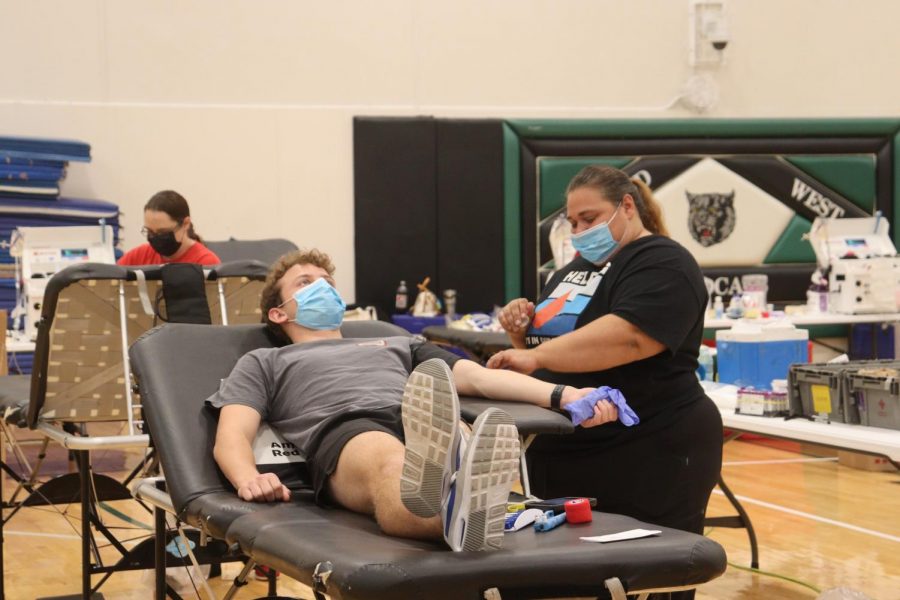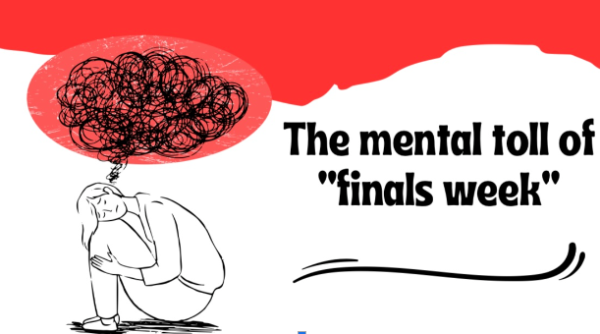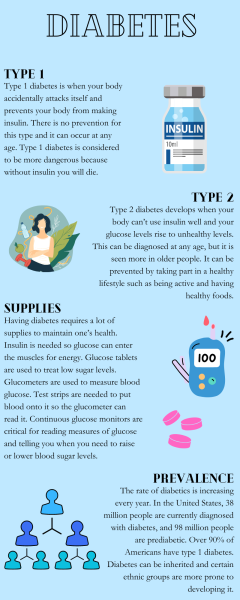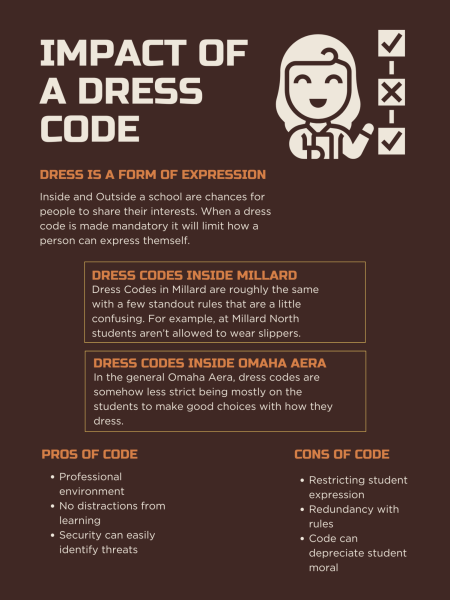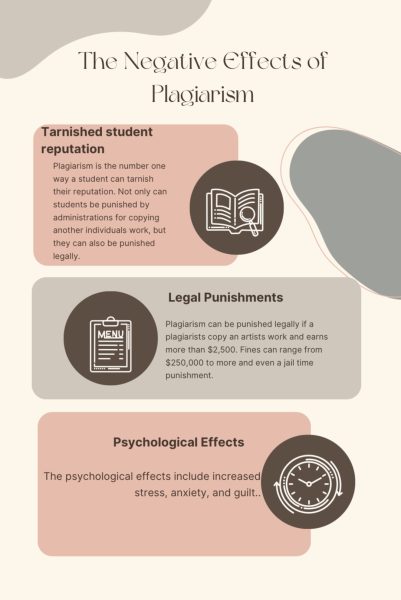The RapidPass needs a rapid update
Homophobic FDA guidelines are preventing eligible LGBTQ+ donors from giving blood
Donating blood at the Millard West blood drive, sponsored by HOSA, senior Luke Hudek waits for a Red Cross nurse to find a usable vein. Red blood cell and platelet transfusions can not be manufactured and can only come from donations. “This was my first time donating blood,” Hudek said. “I decided to donate because I knew it was for a good cause. Donating blood is important because it can save lives and it doesn’t have any harm on the person donating.”
September 28, 2021
Accident victims, cancer fighters, patients with various disorders and so many more fill hospitals and doctors offices around the world. Blood transfusions are often an essential component in combating these serious health conditions. While many people are currently eligible to give blood, millions more have the potential to be.
As reported by the American Red Cross, only 38% of the population is able to donate blood or platelets. A variety of medical factors prevent donations such as a number of conditions, diseases and medications. The pre-screening questionnaire, RapidPass, is intended to filter out these candidates in order to ensure safe and usable donations. However, the current RapidPass also filters out healthy donors simply because they are part of the LGBTQ+ community.
From September 1985 to December 2015, the FDA guidelines prohibited donations from men who had had sex with another man (MSM) at any point after 1977. The restrictions were then loosened to a waiting period of 12 months post sexual contact and more recently moved to three months. These restrictions were initially put in place because of the higher rates of HIV/AIDS within the gay community, but the restrictions no longer hold relevance.
Following the emergence of the virus and it’s preliminary ties to gay men, a homophobic stigma formed that depicted them as dirty and as carrying a plague. Although most of us want to believe that our society is more inclusive than it was 40 years ago, this mentality is still shown today through the restrictions around blood donations.
The foundation for AIDS research, afmAR, found that one in four people who are currently living with HIV today are women. The FDA’s policy on blood donations from MSM is outdated due to HIV’s spread to people of varying sexualities and genders. The policy stops a small portion of those who carry HIV but also limits a large portion of people who do not carry the virus from donating. The restriction is unfair and discriminatory because it limits some of the population, but not all of the population who could potentially have HIV.
All blood donations are required to go through a rigorous screening process, for safety reasons, before they can be given to a patient. Donations are tested for a variety of diseases, including HIV and its antibodies. Since this testing is already being performed on donations, blood that does contains HIV will be disqualified before it can be transfused to a patient. Allowing unrestricted donations from MSM would not harm patients in any way and would only increase the number of transfusions made available to those in need.
In the United States alone, someone requires a blood or platelet transfusion every two seconds and approximately 36,000 units of red blood cells are needed each day. The demand for transfusions has only grown as time has gone on due to new medical technologies that have turned former death sentences into simple procedures. In 2021 alone, the need for red blood cells has increased by 10% and the nation has entered a blood shortage due to an unmatched rise in blood donations. By permitting MSM donors without a waiting period restriction, the country could break away from the shortage and be able to supply a life-saving treatment to every patient in need.
While the FDA has made some efforts in recent years to become more inclusive of the LGBTQ+ community, most recently allowing donors to self-report their gender, the policy on MSM donations needs a revision. Everyone who is healthy enough should have the right to give the gift of life no matter their sexuality.
Since HIV is no longer concentrated solely in the gay community and blood donations are thoroughly screened, the restrictions are no longer relevant and need to be adjusted, not only for equality but for the lives of those struggling with serious health conditions.


